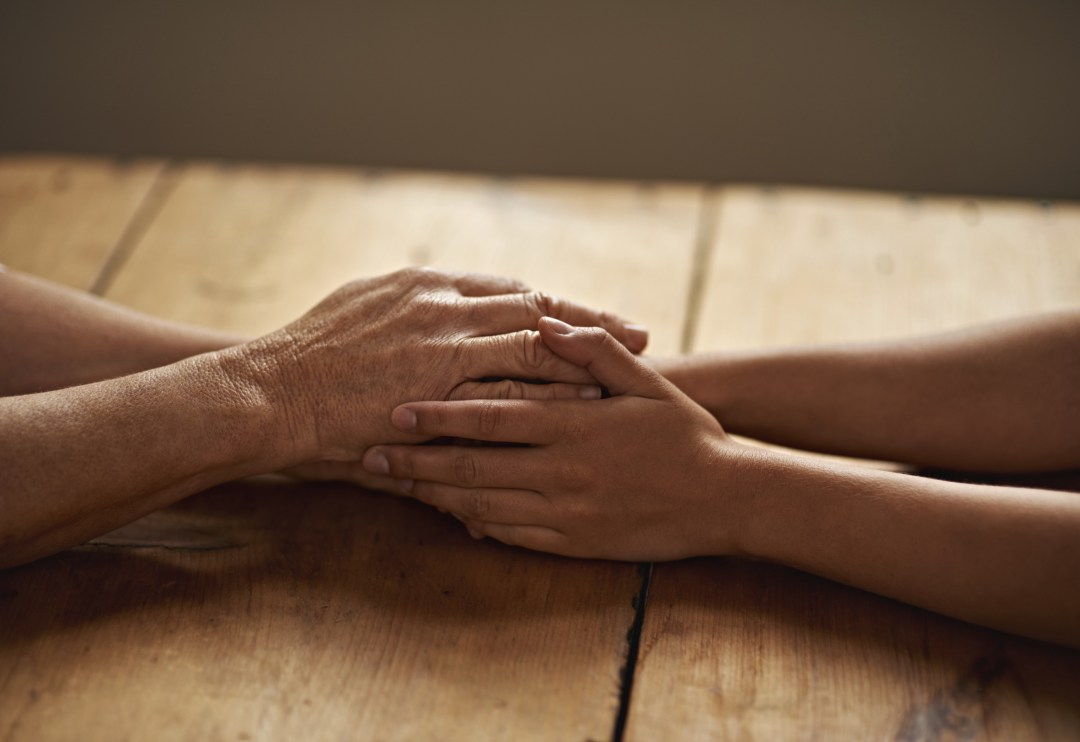How to help those who may be at risk of suicide
Anne Thorn – a mother who lost her son to suicide – tells us how to help those we think may be at risk

I am driven to raise awareness about suicide because I lost my only child to suicide and I believe that a lot of deaths from suicide are preventable. My son Toby was 23 years old when he died; many other young people who take their own lives are much younger.
His death came as a bolt out of the blue. I knew he had lost his way in life, but I had no idea he would ever take such drastic action. I was completely unaware of the shocking statistics that he was more likely to die from suicide than anything else.
To the outside world he was a fairly typical student. He slept too much during the day, missed his university lectures and played computer games into the early hours. He was always laughing and joking and appeared carefree, his friends had no idea he was dying inside.
I now know that he was putting on a front to me and his friends, but inside he felt he had let everyone down, he hated himself and could see no hope for the future. He was too young to know that it was very likely that a lot of his friends felt the same, and he didn’t know that it would pass and he could reach out for help and find a way through the darkness.
Most people who end their lives don’t want to die, but they do want their pain to end, which turns into an urgent need for everything to stop. They form a plan, which then makes them feel better because they are now seeing a way out.
Do you know someone going through a rough time or who just seems down?
- Phone them up, arrange to meet up for a coffee and ask them if they want to talk
- Ask them outright if they have ever had any suicidal thoughts. Don’t be scared to use the ‘s’ word, you won’t put the idea in their head if it is not already there
- If they admit that they have, tell them this is OK, a lot of people have felt like this at some point in their lives. Ask them if they have an actual plan
- If they say yes, then ask them if they will just put it on hold for now and let you stay with them until they seek help from their GP or a specialist helpline or organisation
If you are feeling suicidal:
- Please believe that you can find a way through this even if you can’t see how
- Can you sit tight for now and talk to a friend, see your GP or talk to someone at school or university or where you work, a friend or someone in your family?
- Don’t be scared, because you will find that there are many people out there who can and will help you find a way through this and one day you will be glad you survived
- You are not alone – people care about you and would be devastated to lose you
- Please just agree to talk to someone before you do anything else
In the UK and Ireland, Samaritans can be contacted on 116 123 or email jo@samaritans.org or jo@samaritans.ie
To read more on my blog or to join the support forum for parents bereaved by suicide, go to losingachildtosuicde.org.
If you are a young person or you are concerned about a young person, please call the PAPYRUS HOPELineUK on 0800 068 41 41, which is staffed by suicide prevention professionals
If you are a man struggling to talk to someone, please call the CALM helpline 0800 58 58 58. CALM, the Campaign Against Living Miserably is an award-winning charity dedicated to preventing male suicide in the UK
Photograph: iStock








